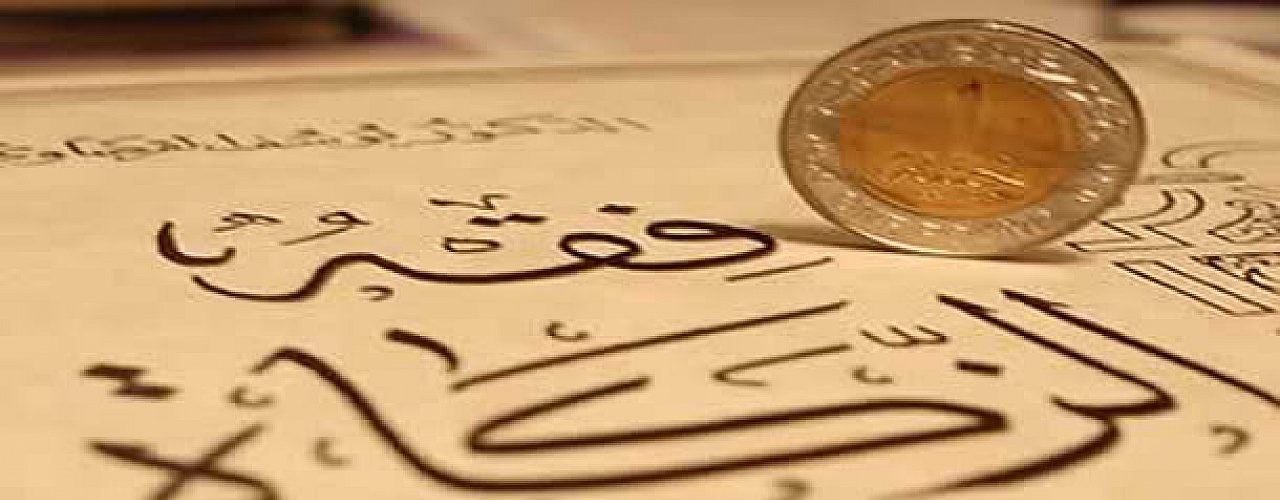In many Muslim countries, Zakah is a form of social security that provides food, clothing and other necessities. Zakah is also a mandatory obligation for all Muslims that meet the necessary criteria of wealth. Various charities and relief organisations accept Zakah from people who can afford it in order to continue with their relief projects and food distribution.
However in South Africa, where many humanitarian organisations are actively working to eradicate poverty, the Zakah pool is growing smaller. South Africa’s tough economy, coupled with donor fatigue makes funding for local relief NGO’s increasingly difficult. How are charity organisations able to sustain themselves, as they compete in this essential market?
Islamic Relief South Africa (IR) has come up with a new Zakah policy that will supplement the development and relief work that the organisation has embarked on.
“Over the past two years they have been consulting scholars of all schools of thought and the idea was to come up with a comprehensive policy around Zakah that one, accommodates all schools of thought and two, supplements the development and relief work that we do,” explains Fazlin Fransman of IRSA.
“So the policy has been approved and we are looking to implement it in our policies and fundraising initiatives.”
According to Fransman, this policy is the first of its kind in the world in the sense that you have an NGO or a charity declaring their position on Zakah, how they distribute it and also which categories of Zakah they actually fall into as an NGO.
“We have a two page document that will be made available to the public around the Zakah policy and we only utilise two of the categories of Zakah and that is simply because we are a development and relief organisation,” Fransman went further.
“The policy is literally a guideline for us to implement Zakah projects and collect them in the proper way.”
Imraan Choonara of Africa Muslims Agency (AMA) says it prescribes to the guidelines on Zakah as stated in the Quran.
“When it is time to give your Zakah, there is no discussion about it; our Zakah money, defined again in Sharia (law) is used for Muslims and in Ramadan it gets used for the feeding of Muslims,” says Choonara.
“So all our Zakah (money) gets used for the feeding of people in Ramadan…whether it is in South Africa or in different parts of Africa.”
Yasmina Francke from the South African National Zakah Fund (SANZAF), the country’s most reputable Zakah institution, says they employ case workers to determine whether or not a person is eligible for Zakah.
“When we receive Zakah and it is indicated as Zakah then we fulfil the injunction in the Quran so we distribute to the eight categories and our process for doing that is that in each of our offices we house case workers,” adds Francke.
The 8 categories of people who are eligible for Zakah are defined as follows:
1. The Poor
2. The Destitute
3. The Caretakers of the Zakat Money
4. Attracting the hearts of those inclined towards Al-Islam
5. To free the slaves
6. Those who are overburdened with debt
7. In the Path of Allah
8. The Wayfarer
At SANZAF, the case worker will then assess the merits of each case to see whether or not the needy person is eligible to receive the donation through the organisation.
“Within those categories we need to make sure that the proof is there, that the documentation is there so we become very administratively strong and demanding when we are sitting with someone who is coming for assistance because we have to make sure that all of our ducks are in a row because we are distributing money that other people have entrusted us to distribute,” Francke explained.
“So throughout the year we see as many people as possible and each week depending on the number of cases that we have seen and depending on the need, we then pay out and the amount of money can vary from between R100 000 to R200 000.”
Ghaironesa Johnstone, the director of Mustadafin, says they too use the eight prescribed categories of the distribution of Zakah to distribute the Zakah money that is entrusted to Mustadafin.
“Mustadafin works within those eight categories in the distribution of our Zakah and we use Zakah only for the Muslim community because Mustadafin has never really received a lot of Zakah.”
These organisations believe that Zakah has the ability to transform communities and to transform people’s hearts.
In many Muslim countries, Zakah is a mandatory obligation and it is collected by the state. In South Africa Muslims are free to distribute their Zakah in accordance with the religious practices prescribed. VOC (Umarah Hartley)






 WhatsApp us
WhatsApp us 

